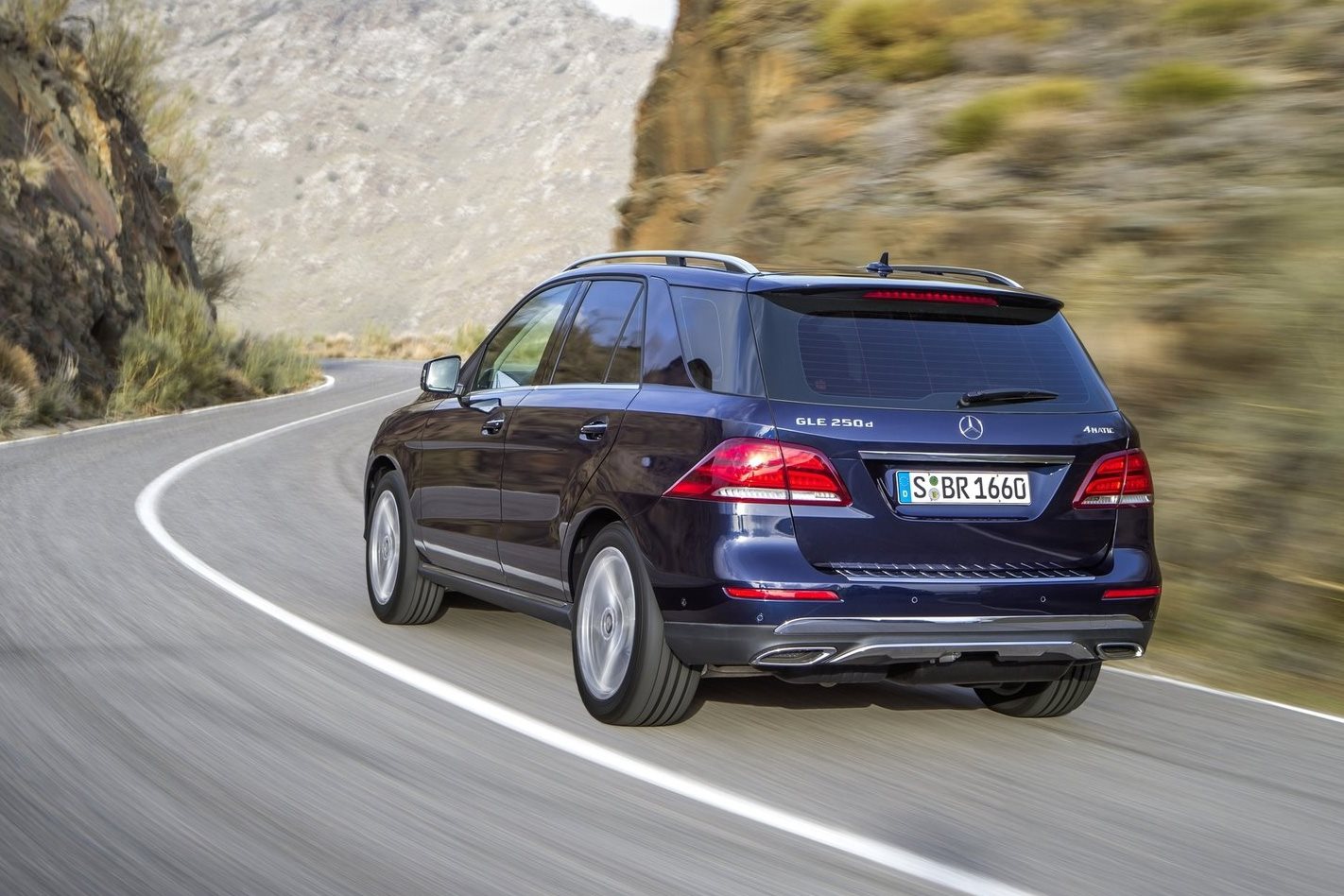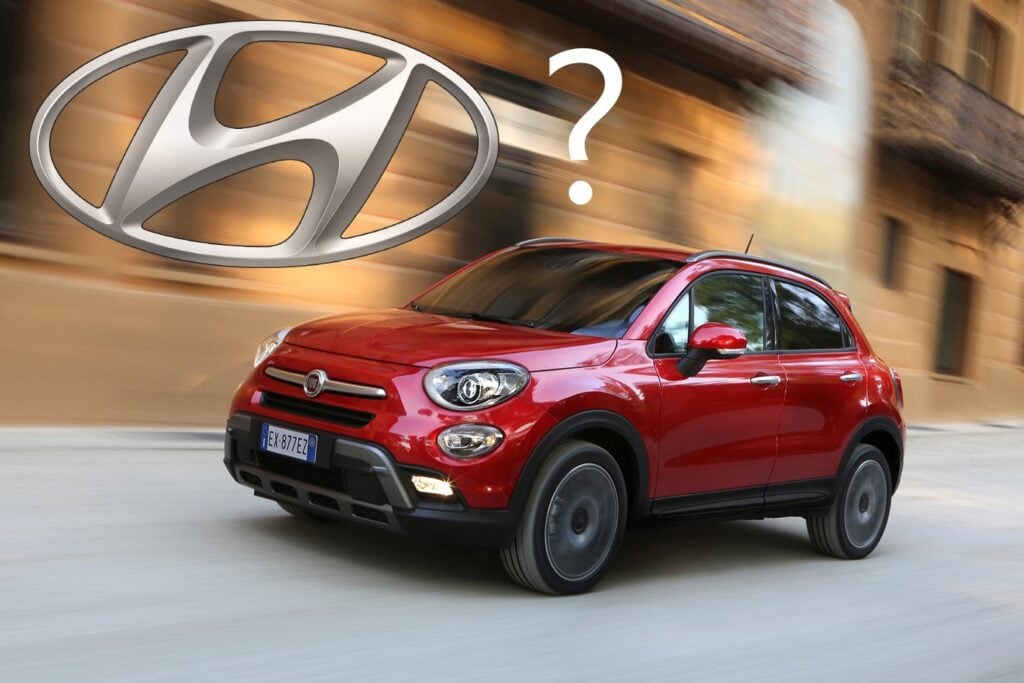EUROPE’S sudden shift away from diesel in the wake of Volkswagen’s emissions cheats scandal has done the unthinkable – pushed up average vehicle emissions in the region for the first time in a decade.
Automotive market research group JATO Dynamics released a report overnight that found overall vehicle emissions in Europe jumped 0.3 grams per kilometre in 2017, the first time the region’s emissions have risen in 10 years.
The reason? JATO put it down to the decline of diesel vehicles, as well as a rush towards larger, heavier and less fuel-efficient SUVs.
The analysis looked at the average emissions across 23 European markets and found that the average CO2 emissions rounded out at 118.1g/km in 2017, 0.3g/km above the previous year’s figure.
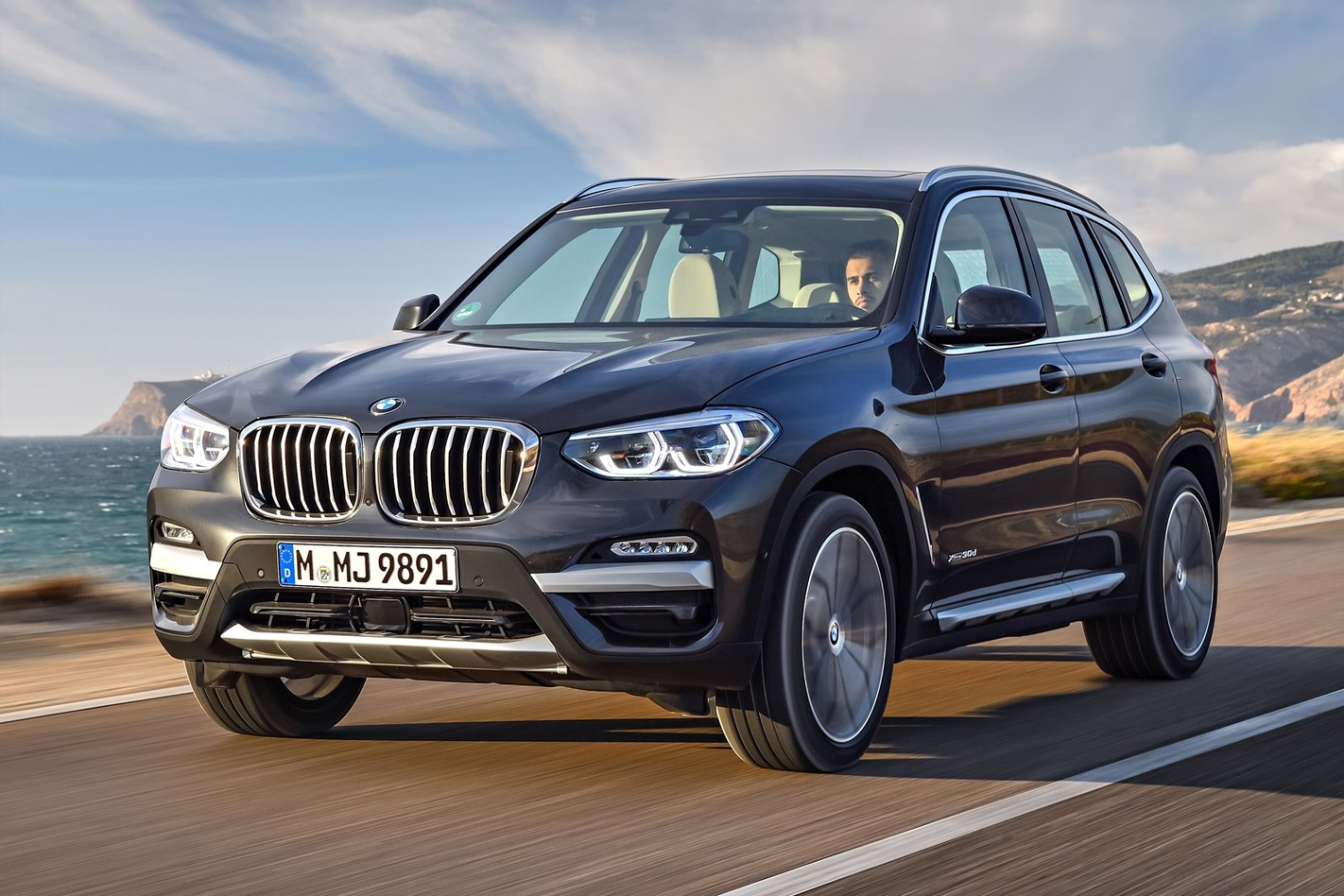
“The average power output of a diesel engine registered in the EU was found to be 142HP [106kW], with 117.9g/km CO2 emitted. The average power output of a petrol engine registered in the EU was found to be 123HP [92kW], with 123.4g/km emitted – this shows that diesels are chosen by customers who prioritise power output and torque,” it said.
“With increased negative public perception towards diesels, combined with increased government regulation and scrutiny of the fuel type, the volume of diesel cars registered fell by 7.9 percent to 6.77 million units in 2017.
“In turn, diesel cars accounted for just 43.8percent of total registrations in 2017, which is 11.1 percentage points lower than their peak, seen in 2011, and the fuel type’s lowest market share since 2003, when diesels accounted for 43.4 percent of total registrations.”
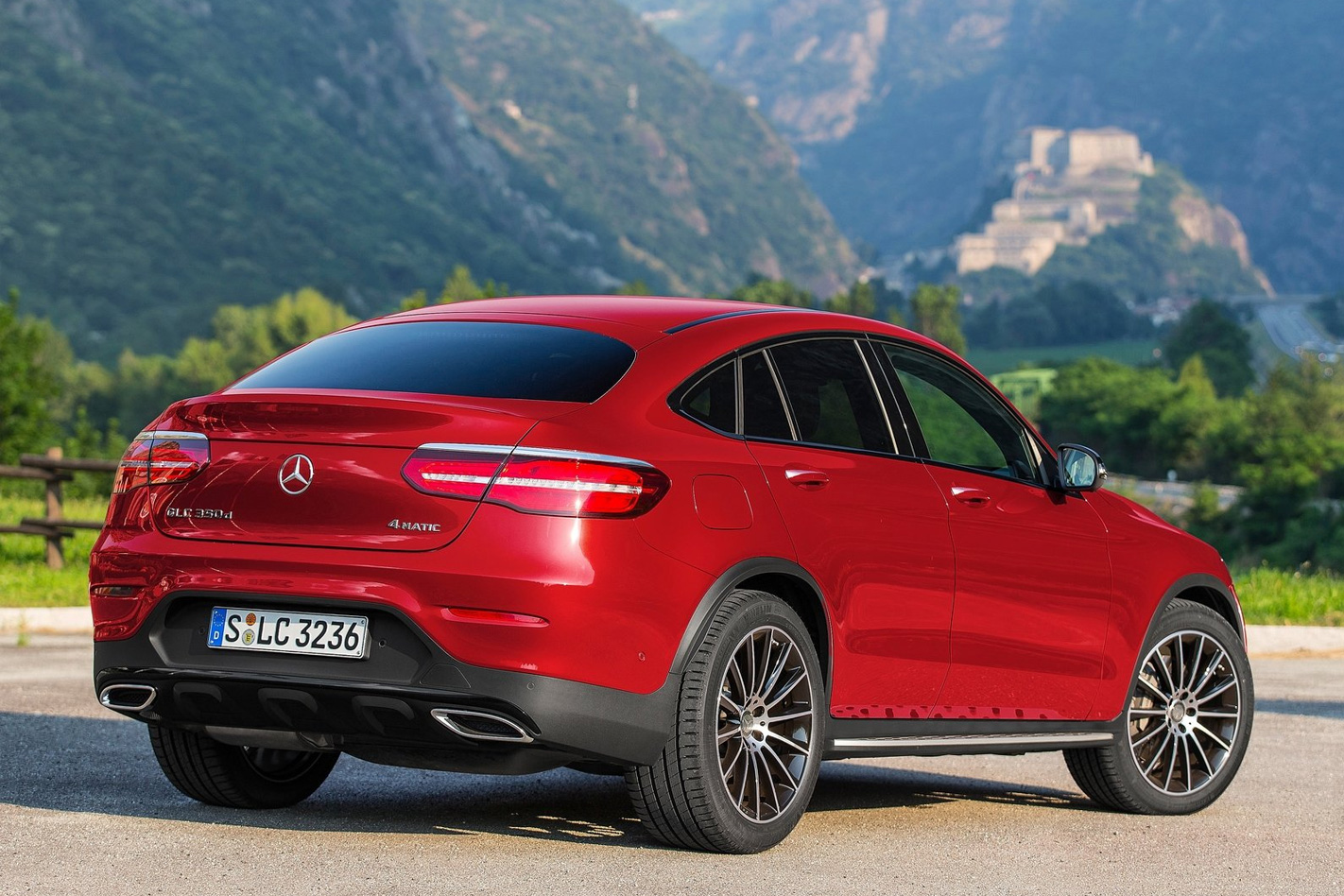
According to JATO, there are likely to be more emissions rises for the region.
“As demand for diesel cars continues to decline, consumers will increasingly turn to petrol vehicles and those seeking higher power and torque will emit higher average CO2 emissions than if they used diesel,” it said. This will likely lead to average CO2 emissions further increasing in the future.”
Some of the hardest falls in diesel sales have occurred in Germany and Britain – the two markets where the backlash against diesel has been the most obvious – where emissions rose 0.5g/km to 126.2g/km, and 0.9g/km to 120.3g/km respectively. The worst-performing country was in the Netherlands, where emissions rose 3.4g/km to 109.0g/km, the survey data shows.
The study shows that battery electric vehicles have failed to take advantage of the diesel backlash, placing future emissions targets for the region in jeopardy.
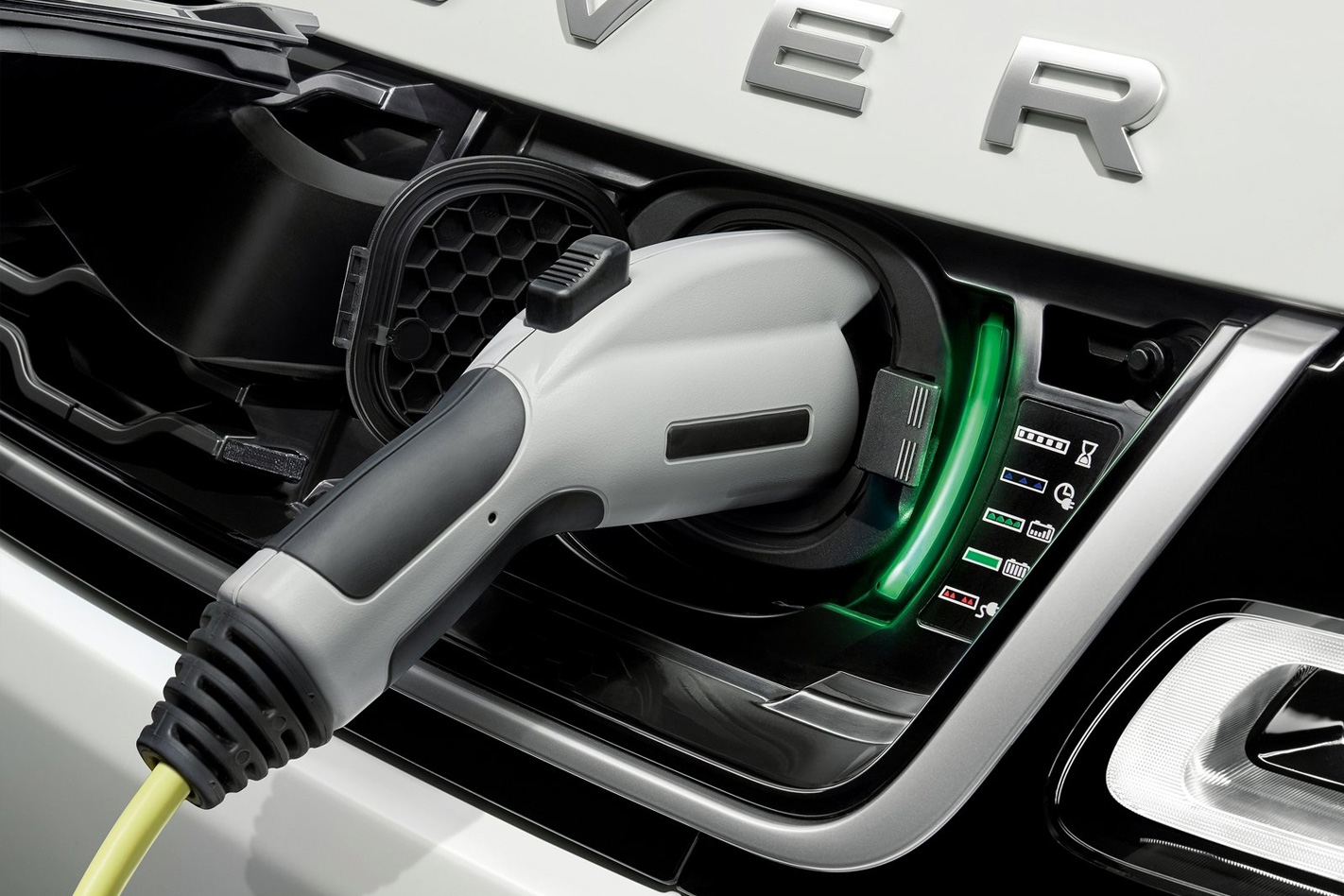
Australia’s average emissions figure in 2016 was 180.0g/km, a fall of 1.1 percent compared with 2015’s figure, government data shows. The average across Australian-made vehicles was 213g/km, showing our appetite for big-engined V8s – at 222g/km Holden was the worst-performing local brand – meant we didn’t give a tinker’s cuss for what was coming out of the exhaust.
The average Australian emissions rating for 2017 is expected to be released in May.

